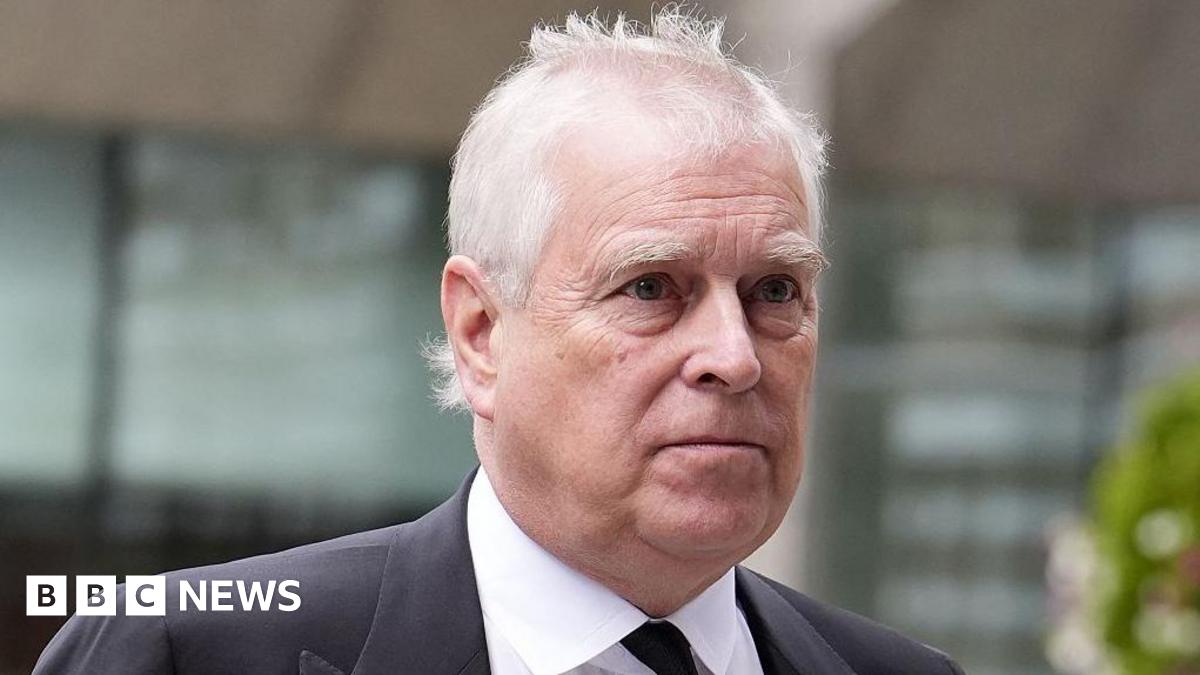While there is nothing preventing a House of Commons committee from inviting Prince Andrew to give evidence, an appearance in such a setting by a member of the Royal Family would be unprecedented. It is unclear whether the committee would be able to compel him to do so.
There has been increased focus on Prince Andrew – who had already stepped back as a working royal – after he relinquished his titles last week following growing pressure over his links with the late sex offender Jeffrey Epstein.
Sir Ed’s question came after a document seen by BBC News confirmed the arrangement for the Royal Lodge means that the prince has only ever paid a token annual rent on property, and that it might not be required under his deal with the Crown Estate.
The deal meant that, instead of paying annual rent, Prince Andrew made large lump sum payments upfront, including for renovations.
In effect, those payments – which totalled about £8m – meant he was buying himself out of future rent obligations for the duration of the 75-year lease.
Part of the deal was that if he left early in the lease he could reclaim some of the money he had paid upfront, with that amount tapering down over time until 25 years – at the current rate, it is about £186,000 for each remaining year until 2028.

